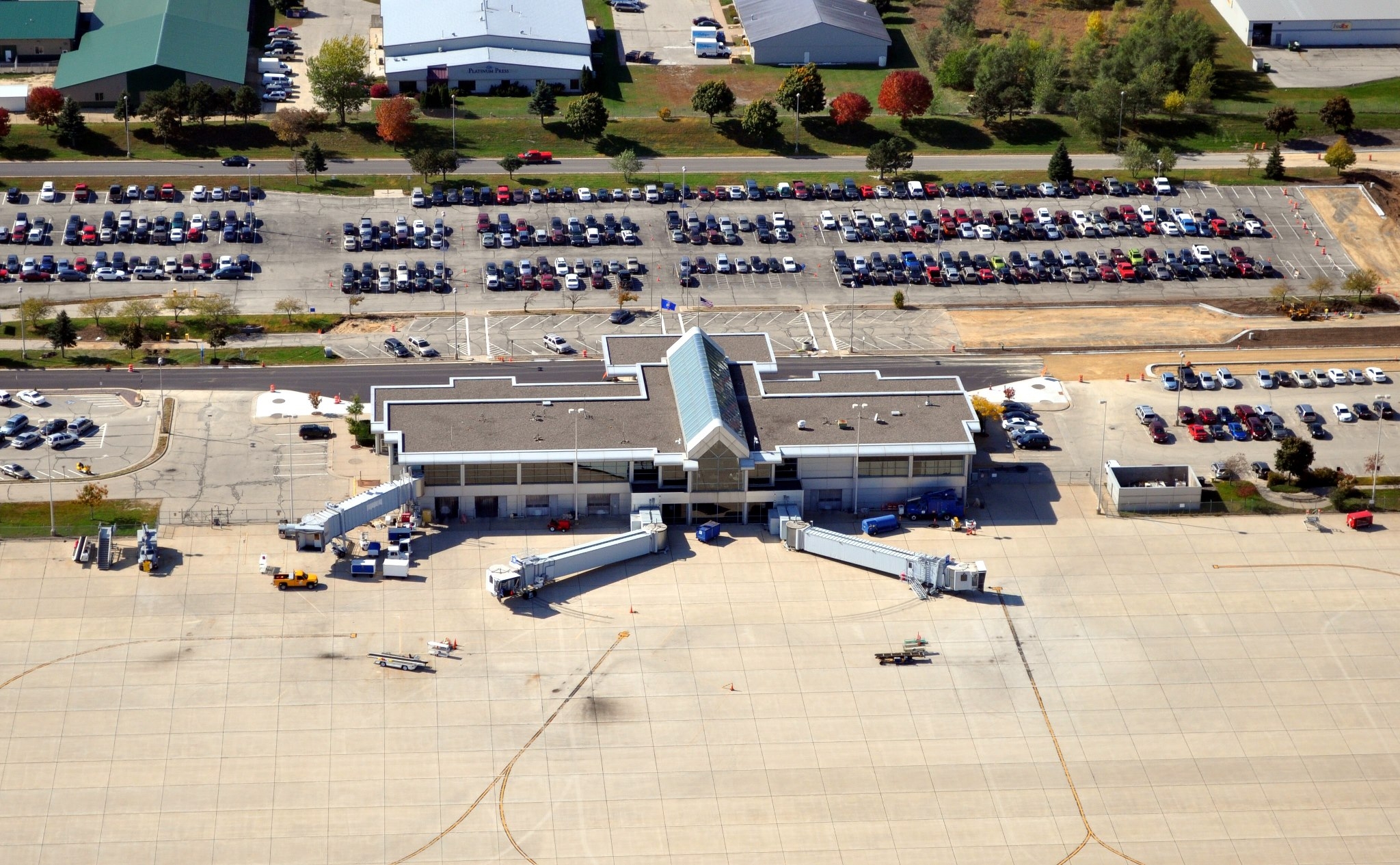
Delhi: New excise policy failed to take off right from outset amid opposition, technical roadblocks | Delhi News
[ad_1]
While some provisions of the policy — a lower drinking age of 21, bars and restaurants operating till 3am and home delivery of liquor —were not implemented due to political opposition and technical roadblocks, many pockets in the city remained unserved with only around 75% of the promised alcohol shops finally opening.
Even after that, the number of shops kept declining amid opposition from residential and social bodies to selling liquor in their neighbourhoods and due to financial unviability for the zonal licensees.
With the rolling out of the new policy, the government withdrew from the retail business of alcohol. The excise department divided the city in 32 pre-defined zones and auctioned them to private bidders at a huge annual fee. While 31 zones were to have 27 shops each, the IGI Airport was considered as a separate zone with 10 outlets permitted to sell there.
The policy also made opening of two shops mandatory in each ward in 67 non-confirming areas. However, the government made it conditional for the licensees obtain the approval of DDA and the municipal corporation for opening shops in non-conforming areas. “Since no commercial activity is allowed in non-conforming areas, the 67 wards remained without a shop and the bid winner suffered losses,” said a government official.
A liquor dealer said he had paid more than Rs 250 crore during the bidding to get the zonal licence to open 27 shops, but could not start more than 15 due to the opposition from residents in some areas and refusal by the municipal corporation to allow liquor trade in non-conforming areas because of restrictions under Delhi Master Plan 2021.
For the first time, the government also allowed the retailers to offer discounts on liquor under the new policy. The hurt the smaller players. “Some of the dealers, who are big players in the industry, offered heavy discounts at their outlets because the wholesale agents they procured the stock from also gave them huge rebates. Since we were not as big, we did not get such rebates from the wholesalers and yet were forced to match the discounts given by the other dealers to stay in business. This affected our business and made it totally unviable to us,” he explained.
The closure of shops hurt Delhi government financially and its revenue fell by over 37% in the first quarter of the financial year 2022-23. While the state government had made a budgetary estimate of Rs 2,375 crore as revenue in the first three months of this financial year and Rs 9,500 crore annually, it barely realised Rs 1,485 crore.
Since the Delhi Excise Policy 2021-22 was embroiled in several court cases, the state exchequer could not realise Rs 1062 crore. There was a shortfall of Rs 84.8 crore per month due to the relief given by the high court to liquor stores in non-conforming areas that weren’t allowed to operate as this violated the Delhi Master Plan provisions.
[ad_2]
Source link


